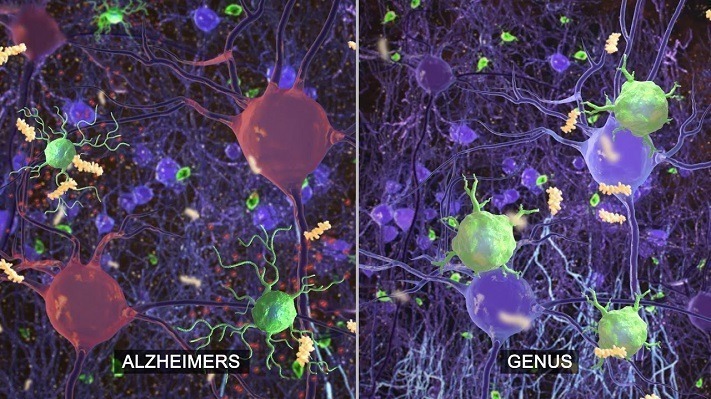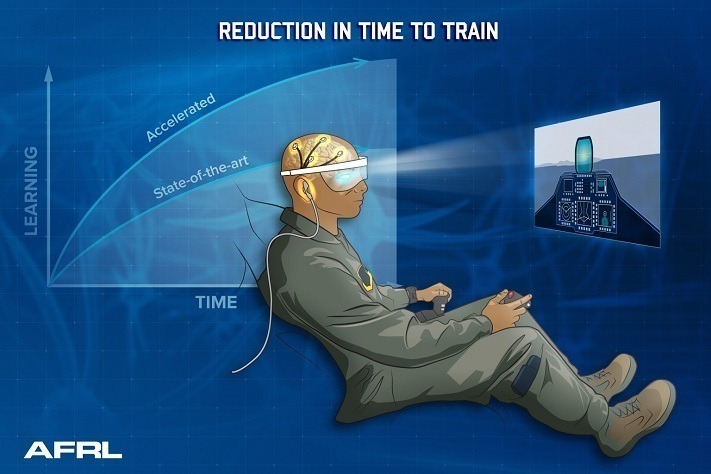Posts Tagged ‘Neurotechnology’
The latest on brain health, neurotechnology, artificial intelligence and “never stop wondering”
Welcome to a new edition of SharpBrains’ e‑newsletter, featuring a life well lived, the latest news on brain health and innovation, and some brain teasers in honor of International Brain Teaser Month. #1. Thank you, Sharon. We won’t. “Never stop wondering” — Sharon Begley, science journalist, RIP #2. Write injuries in sand, kindnesses in ____________. Milk the…
Read MoreNeurostimulation device GammaSense by Cognito Therapeutics secures FDA Breakthrough Device Designation to explore Alzheimer’s Disease applications
Cognito Therapeutics nets FDA breakthrough label for light, sound therapy for Alzheimer’s disease (Fierce Biotech): Using specific frequencies of flashing lights and sounds to stimulate the brain’s electrical activity, Cognito Therapeutics believes it can help treat Alzheimer’s disease by energizing neurons and reactivating the immune system.
Read MoreStudies identify key ethical concerns raised by invasive and non-invasive neurotechnologies
Studies outline key ethical questions surrounding brain-computer interface tech (NCSU release): Brain-computer interface (BCI) technologies are no longer hypothetical, yet there are fundamental aspects of the technology that remain unaddressed by both ethicists and policy-makers. Two new papers address these issues by outlining the outstanding ethical issues, offering guidance for addressing those issues, and offering…
Read MoreUpdate: The placebo effect works even when people know they are taking a placebo
Welcome to a new edition of SharpBrains’ e‑newsletter, featuring 14 research findings, resources and tips for brain health … and starting with this fascinating study: #1. Wow. The placebo effect works even when people know they are taking a placebo #2. Beating Alzheimer’s Disease will require a combined physical/ mental approach: From the ten factors found…
Read MoreAir Force announces research platform to harness closed-loop neurotechnology and accelerate learning “on the fly”
Air Force Neurotechnology Partnership Aims to Accelerate Learning (Military Spot): The Individualized Neural Learning System, or iNeuraLS, is a new augmented learning platform that will enable rapid learning by closed-loop modulation of cognitive states during skill acquisition. Essentially, the AFRL team seeks to develop a capability that will give Airmen the ability to rapidly acquire knowledge…
Read MoreExplore The State of Noninvasive Neurotechnology in 37 minutes and 1 image
? Heads-up: The recordings for the webinar on The State of Noninvasive Neurotechnology, held on May 19th, are already available on YouTube. Dr. Ricardo Gil-da-Costa (above) and Alvaro Fernandez (below) gave an excellent outlook on the brain tech industry, with a deep look into apps and wearables and the capabilities that human brain could achieve.…
Read More





